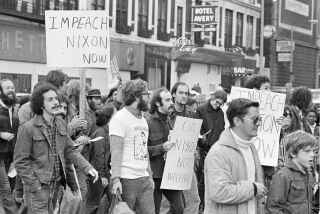Good memories outlast bad ones
- Share via
When looking back on life’s ups and downs, we’re more likely to remember the good times than the bad. And the unpleasant emotions associated with the bad times tend to fade more quickly than those of the good times, with the memories of them becoming less unpleasant over time. Several studies, which have included lab research as well as studies of actual memory, have established these traits, showing that people’s perception of events is mostly pleasant. Now researchers have attempted to quantify the differences in what we remember.
Their review of previous studies found that 50% or more of remembered events were rated as pleasant and roughly 25% were unpleasant. Depressed people don’t share this bias for happiness. In an unpublished study, more than 300 men and women were assessed for depression and memory recall. “Their negative emotions faded less and positive emotions faded more compared to their non-depressed counterparts,” says lead review author W. Richard Walker, assistant professor of psychology at Winston-Salem State University in North Carolina.
Future research will focus on how social interactions may help. “When people share their memories with friends and family, the social dynamic seems to alter the emotional experience of these memories. In many cases, talking helps. We want to understand why,” Walker says.
The review was published in the June issue of Review of General Psychology.





